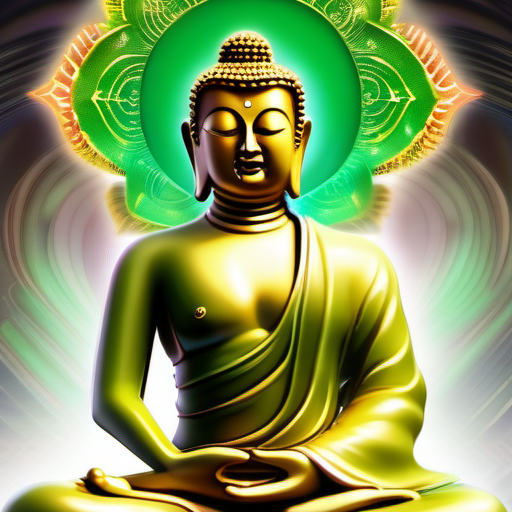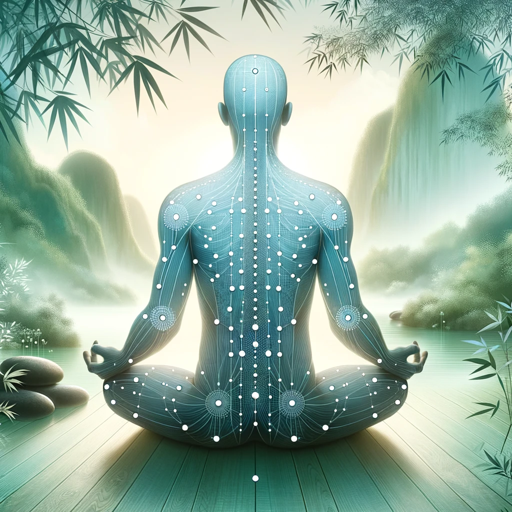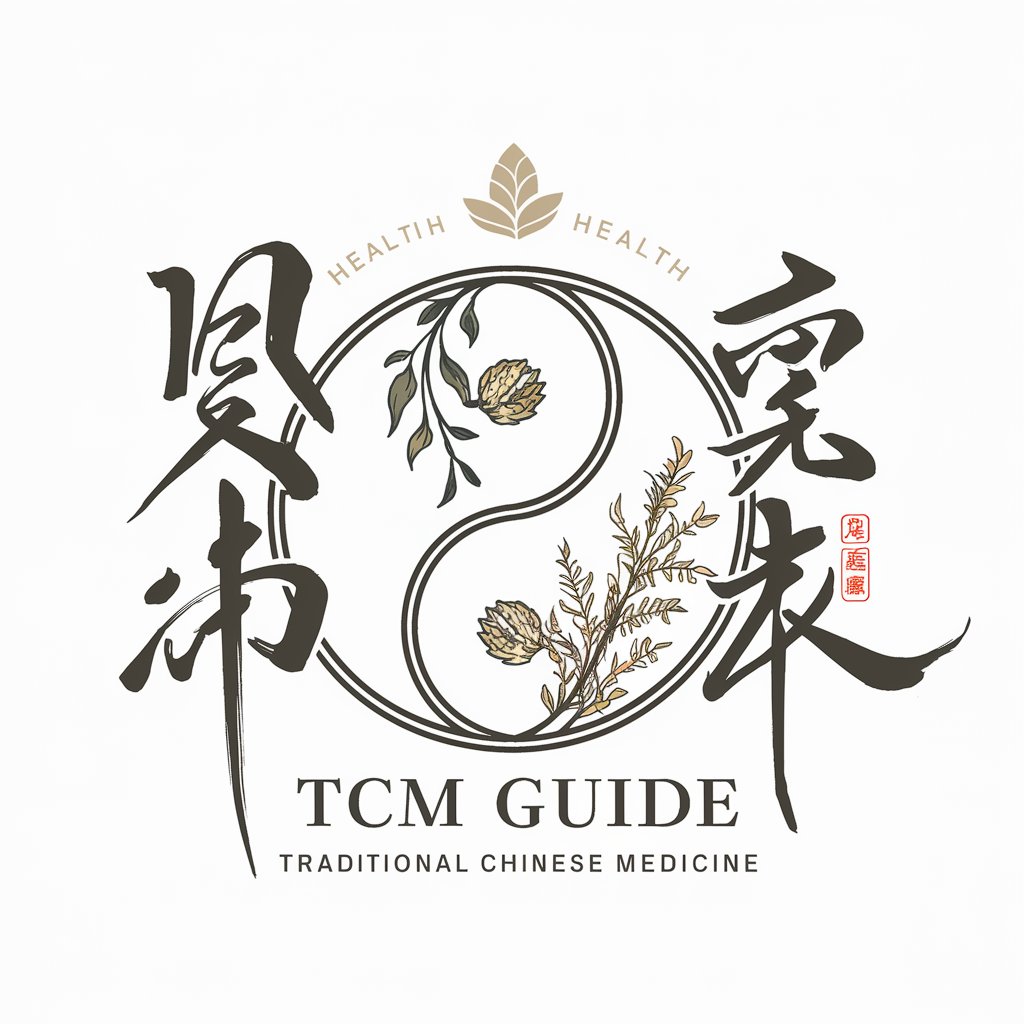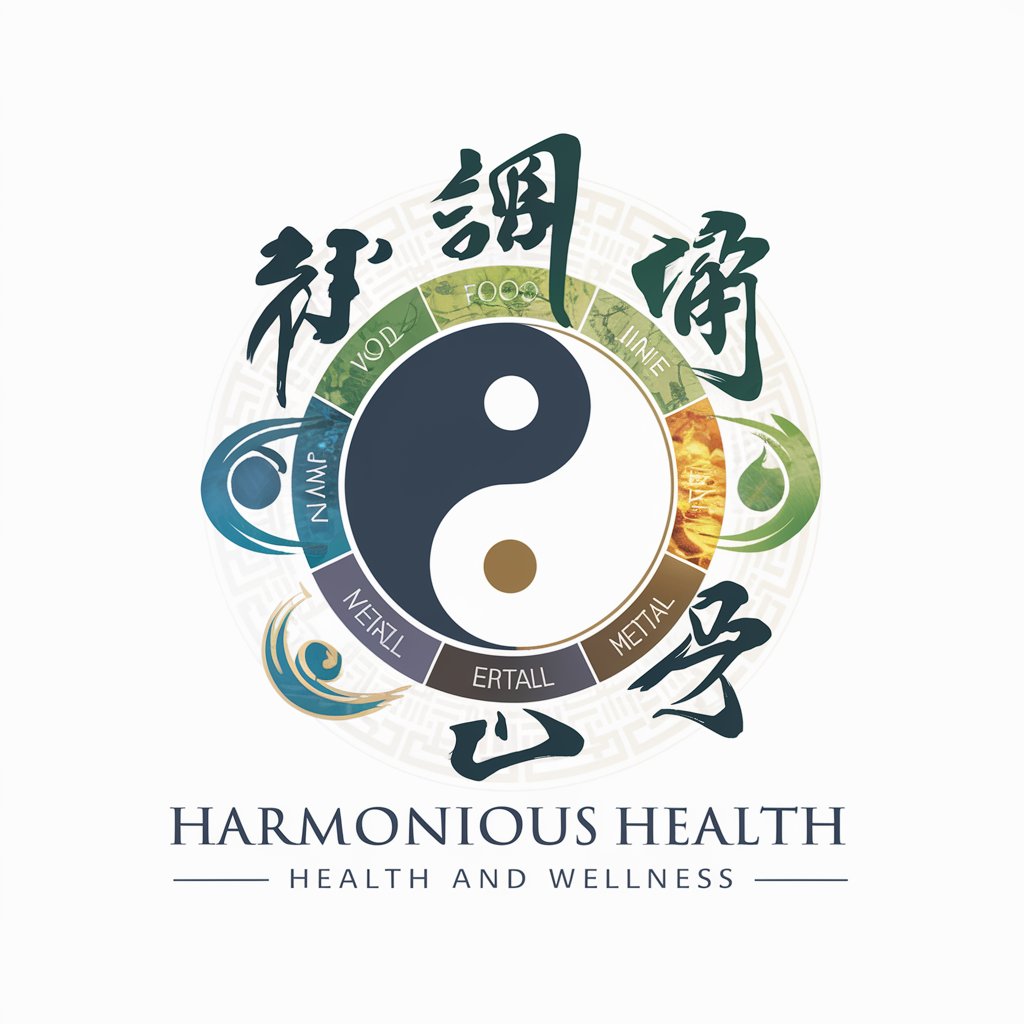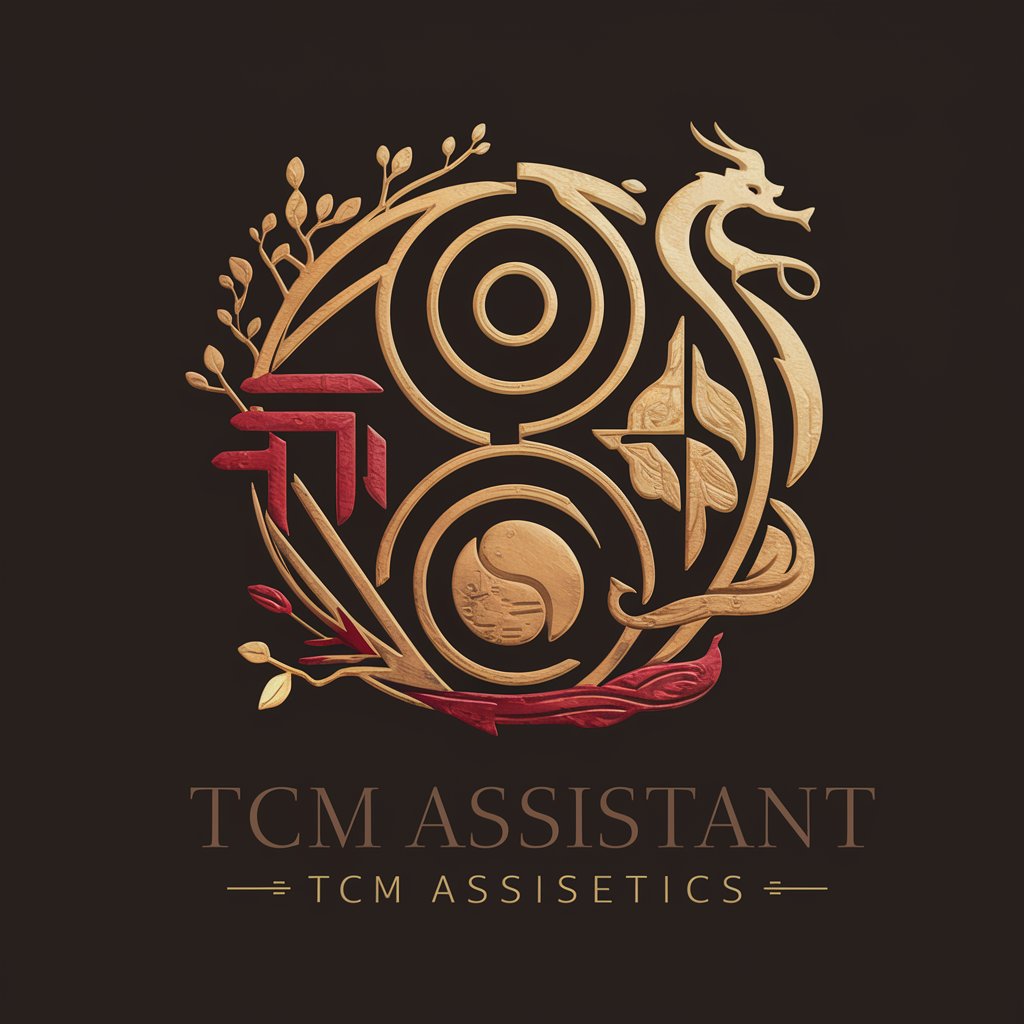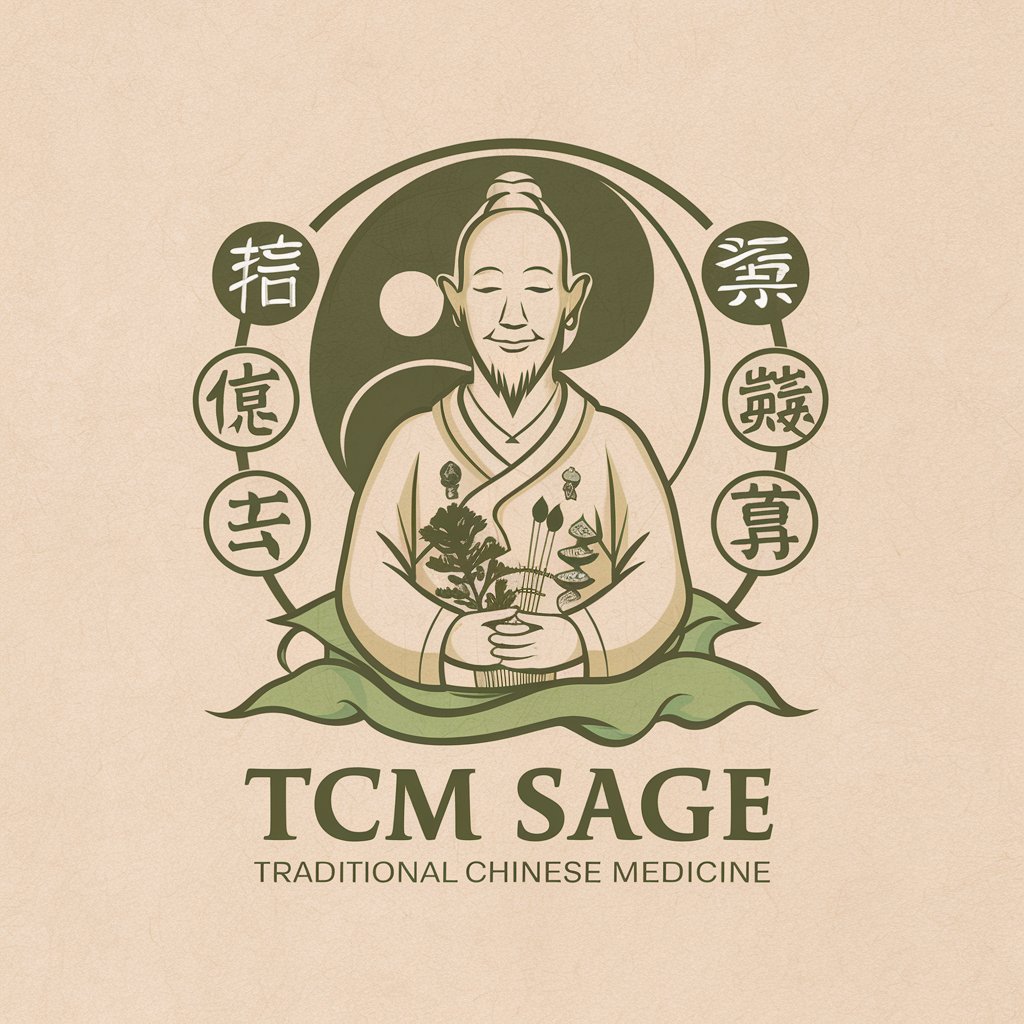
TCM - personalized TCM health analysis.
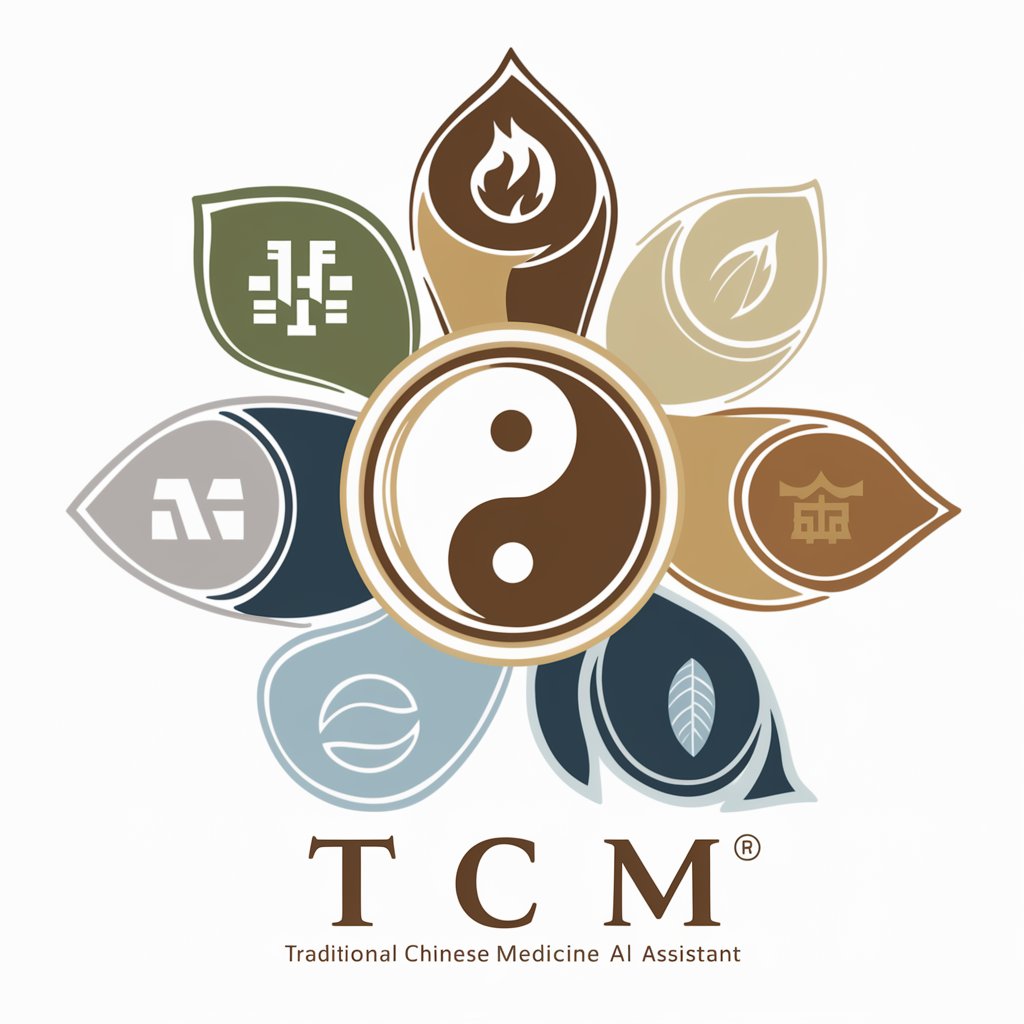
Welcome! Let's explore the wisdom of TCM together.
Comprehensive TCM insights, powered by AI.
Describe how the concept of Yin and Yang affects overall health.
Explain the role of Qi in traditional Chinese medicine.
What are the characteristics of the five elements in TCM?
How can I balance my energy according to TCM principles?
Get Embed Code
Overview of Traditional Chinese Medicine (TCM)
Traditional Chinese Medicine (TCM) is a holistic approach to health and wellness that has been practiced in China for thousands of years. TCM encompasses a variety of practices, including herbal medicine, acupuncture, dietary therapy, and exercises like tai chi and qigong. It is based on the fundamental belief that the human body is a microcosm of the universe, interconnected with nature and subject to its forces. Central to TCM is the concept of Qi (vital energy) which flows through the body's pathways, known as meridians. TCM aims to balance the Yin (passive, cooling energy) and Yang (active, warming energy) within the body to maintain health and prevent disease. For example, TCM practitioners might diagnose a patient with a 'Yang deficiency' and prescribe warming herbs and foods to correct the imbalance. Powered by ChatGPT-4o。

Main Functions of TCM
Diagnosis and Treatment
Example
Using tongue and pulse diagnosis, a TCM practitioner assesses a patient's health, considering factors like color, moisture, and coating of the tongue, along with the pulse's rhythm and strength. Based on this assessment, they provide a tailored treatment plan.
Scenario
A patient complaining of chronic fatigue might be diagnosed with a Qi deficiency. The practitioner could recommend specific herbs, a modified diet, and acupuncture to enhance the patient's energy levels.
Dietary Recommendations
Example
TCM dietary therapy involves recommending foods based on their energies and effects on the body, such as cooling or warming properties. This method is used to prevent and treat diseases by restoring balance.
Scenario
For someone with high blood pressure, a condition seen as an excess of Yang, a TCM practitioner might suggest a diet rich in cooling foods like cucumbers and watermelon.
Lifestyle Adjustments
Example
TCM emphasizes the importance of lifestyle on overall health. This includes advice on sleep, exercise, and stress management, tailored to the individual's constitution and life circumstances.
Scenario
A busy professional experiencing stress-induced insomnia may be advised to incorporate bedtime meditation and specific herbal teas to promote relaxation and improve sleep quality.
Ideal Users of TCM Services
Individuals Seeking Holistic Health Approaches
People interested in integrating body, mind, and spirit to achieve better health outcomes are ideal candidates for TCM. They are typically those who prefer natural and preventive measures to manage and improve their health.
Patients with Chronic Conditions
Individuals with chronic conditions such as arthritis, diabetes, and chronic pain, who have not found relief from conventional medicine, often turn to TCM for alternative treatments and relief.

How to Use TCM
Visit yeschat.ai for a free trial without login, also no need for ChatGPT Plus.
Explore the platform to access free features and TCM insights.
Provide your birth details
Submit your birth date, time, and gender in Gregorian format to receive accurate predictions.
Request predictions
Utilize the API to request personalized information regarding personality, constitution, and more based on your birth data.
Analyze your results
Interpret the results based on provided tables, focusing on the alignment of Yin-Yang and five elements.
Implement lifestyle changes
Adapt your lifestyle based on the analysis for optimal health, balancing Qi, and energy flow.
Try other advanced and practical GPTs
React Testing Library & Jest
AI-powered React component testing
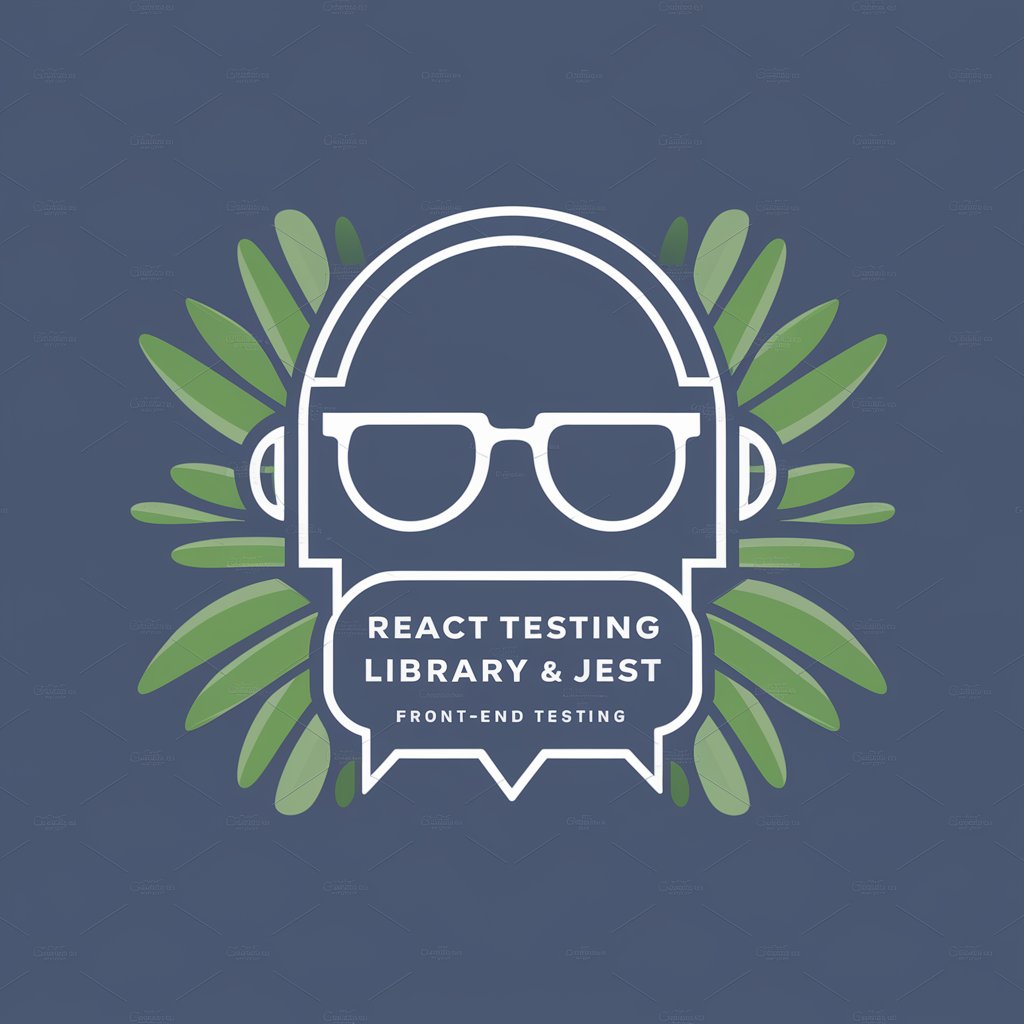
Networking Call Prep
Smart Networking, Smarter Connections

나만의 고민 상담 친구
Explore emotions with AI guidance

Ayuda con el texto
Empower your words with AI
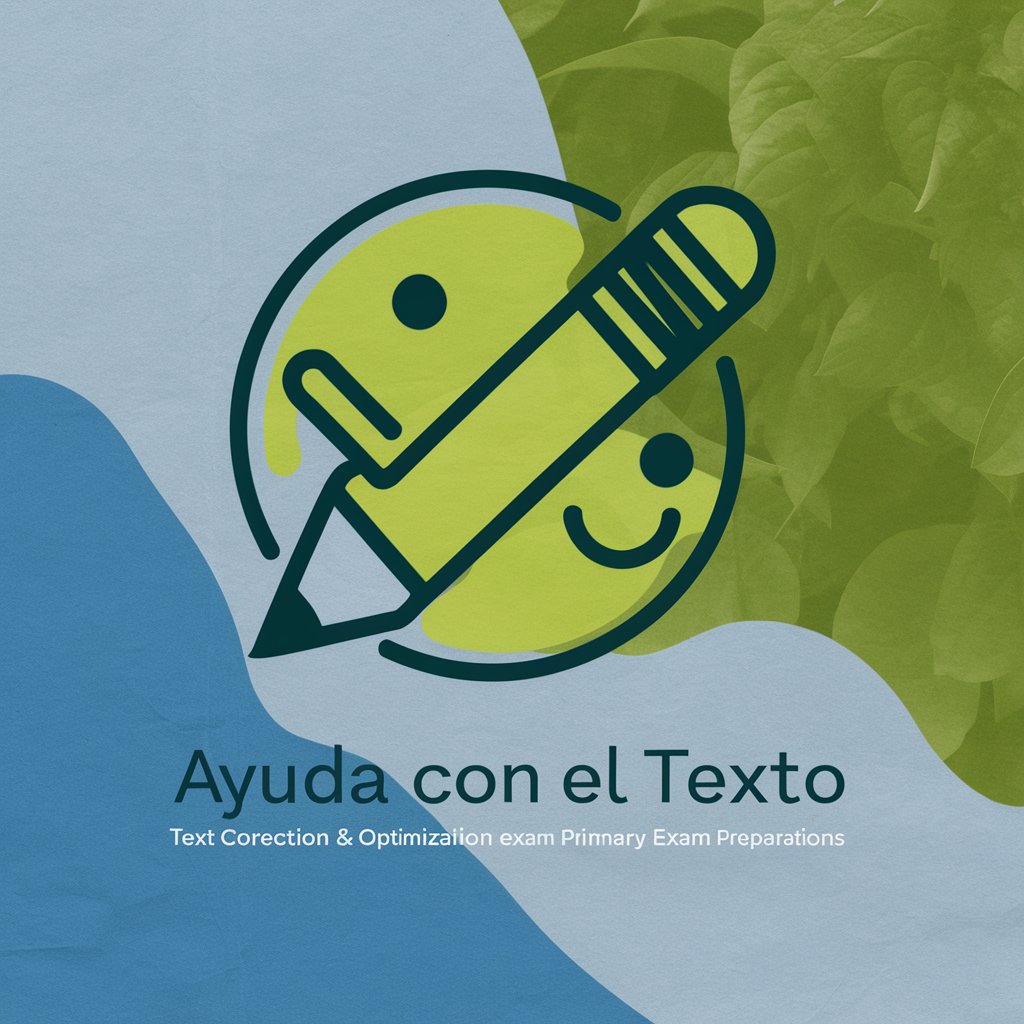
PPT 발표 대본 작성
Elevate Presentations with AI
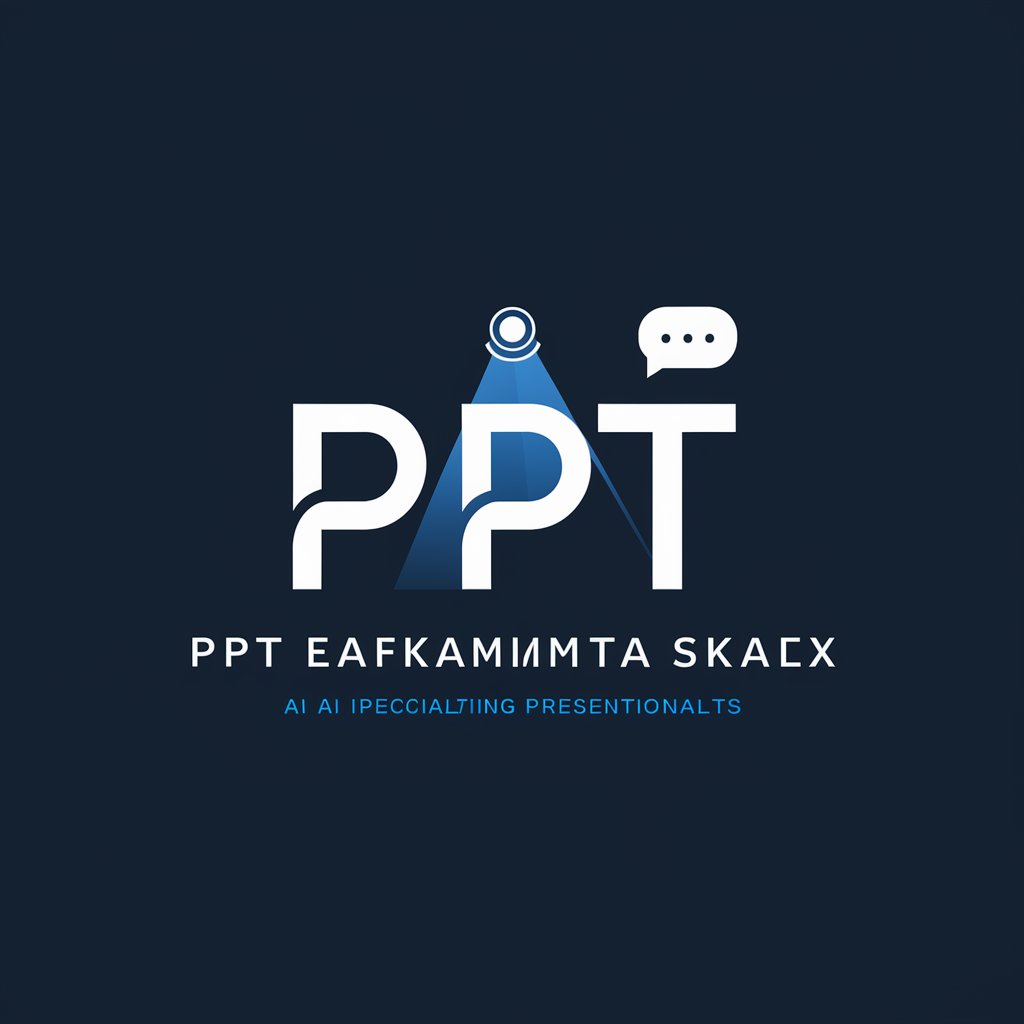
HOCHSCHUL aiMOOC
AI-powered academic learning modules
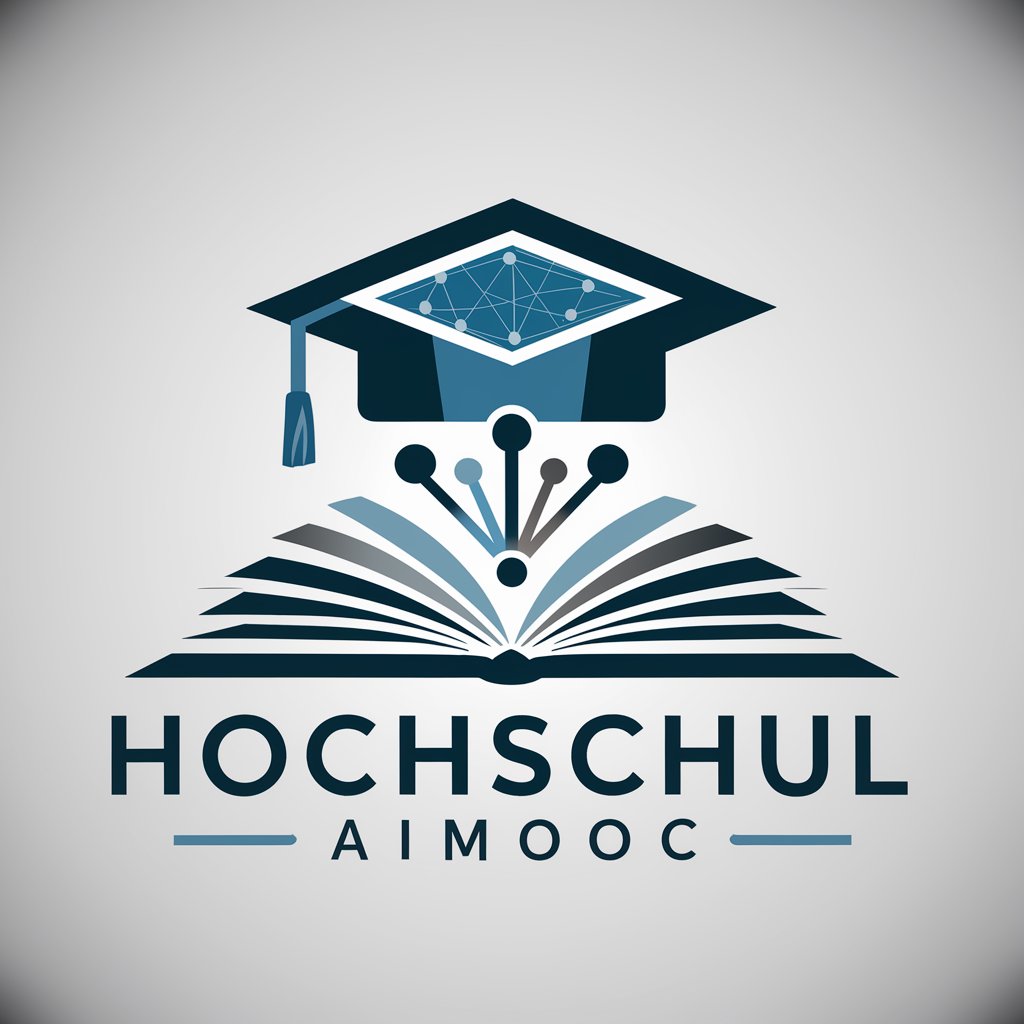
Affiliate Daily Deals
Empower Your Choices with AI

JW GPT
Enhance Your Spiritual Journey with AI
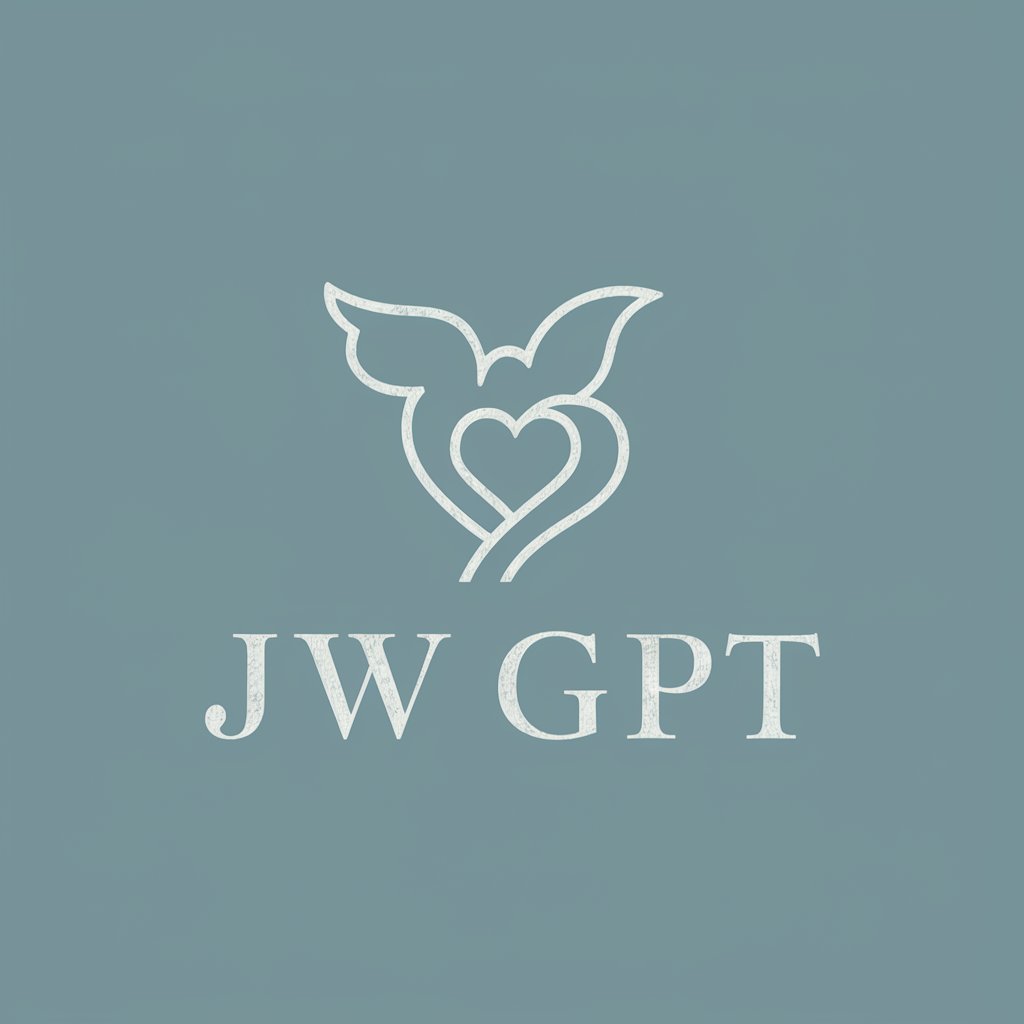
myText
Enhancing Text with AI Precision
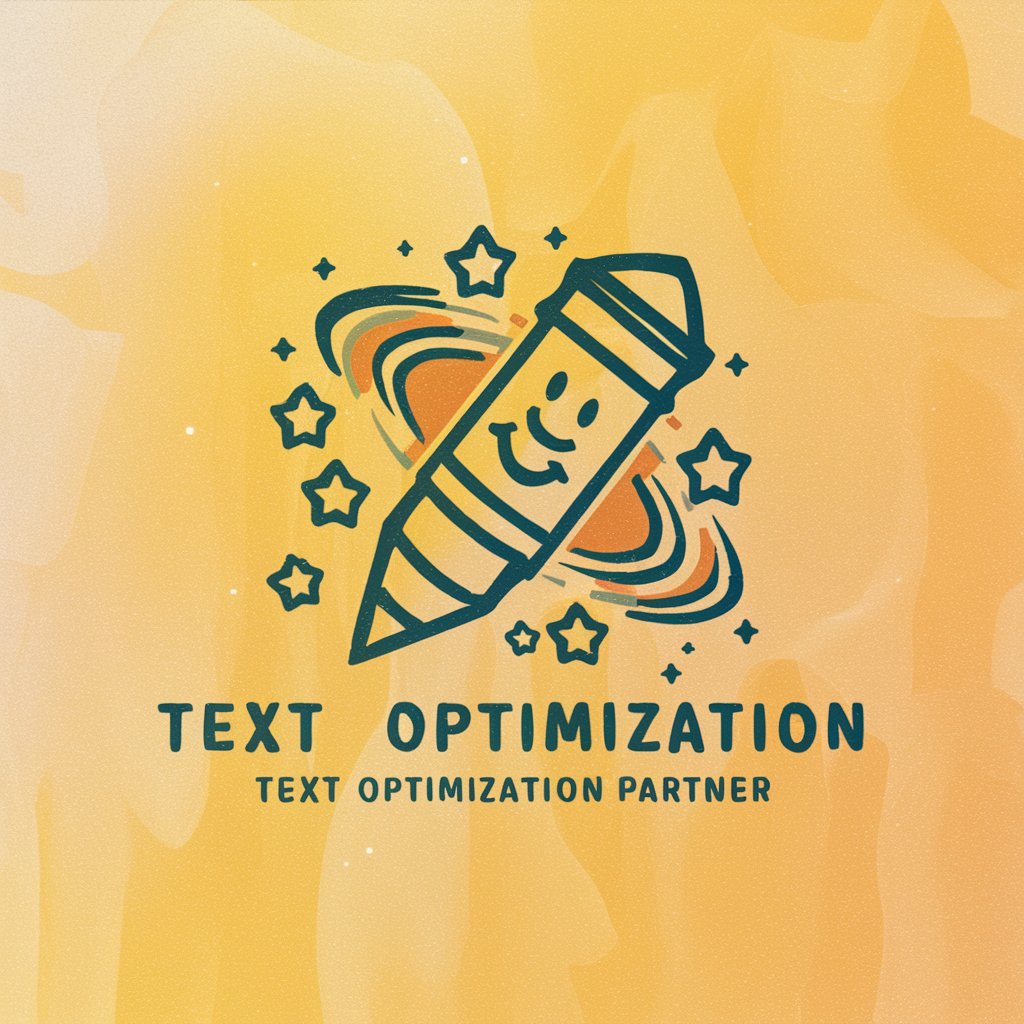
Serbian Translator
Instant Serbian translations, powered by AI
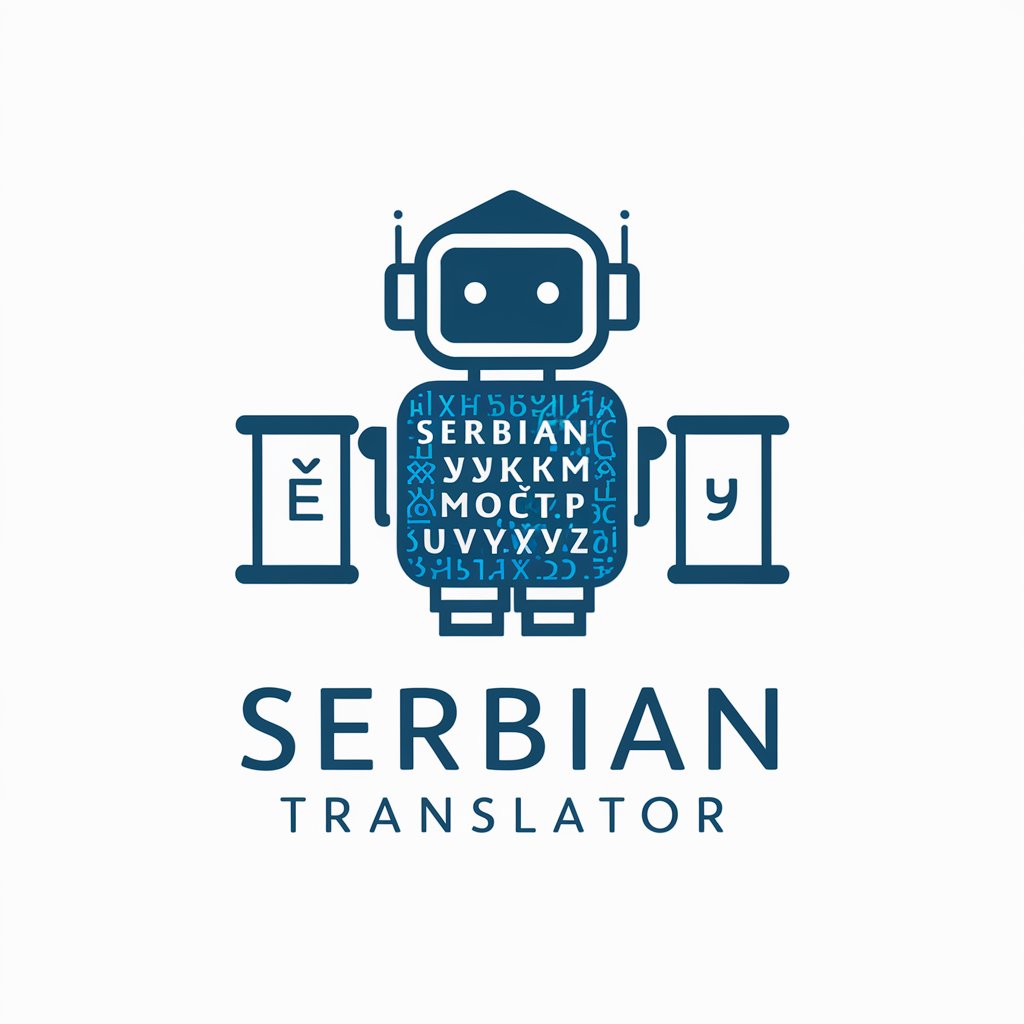
Economy News Analyzer
Stay Ahead with AI-Powered Economic Insights

Rhymes, the Poetry Critic
Unleash creativity with AI-powered poetry critique

TCM Q&A
How does TCM interpret birth data?
TCM uses a four-pillar system based on the lunar calendar to assess your personality, constitution, and energy flow, considering elements like the five elements and Yin-Yang balance.
How does TCM analyze the five elements?
The five elements—wood, fire, earth, metal, and water—are arranged in sequences based on the birth data, highlighting the dominant and deficient elements for comprehensive analysis.
What is the role of Yin-Yang in TCM?
Yin-Yang balance is fundamental in TCM, reflecting harmony and energy. Imbalance indicates areas needing attention for well-being.
How can TCM aid in lifestyle improvements?
TCM guides dietary adjustments, exercise routines, and mindfulness practices to align with individual constitutions, enhancing health and energy flow.
What tools does TCM provide for health optimization?
TCM provides personalized advice on meditation, nutrition, and movement to maintain a balanced lifestyle, ensuring optimal health.
